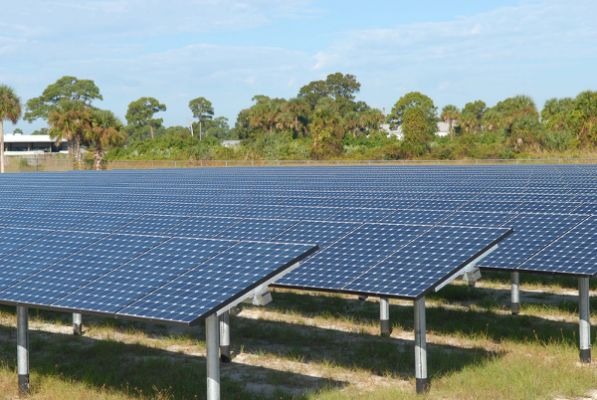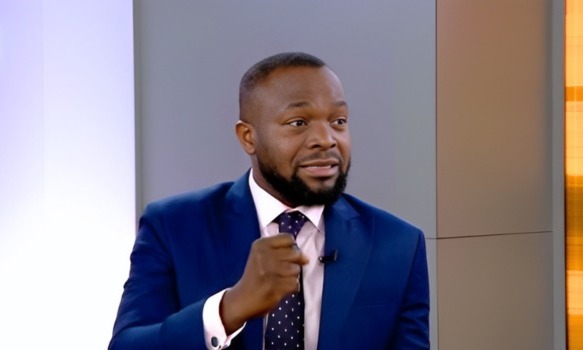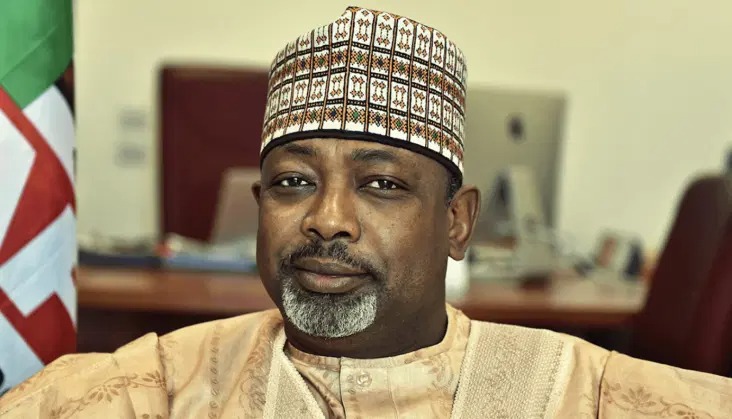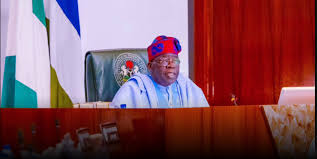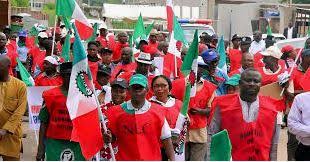Ministry of Art Culture Tourism and the Creative Economy has signed a Memorandum of Understanding, MoU, with Emirates to attract more international visitors to Nigeria. The agreement was signed at the 2025 Arabian Travel Market by Emirates’ Senior Vice President, Commercial Operations, Centre, Adil Al Ghaith; and Special Assistant to the Minister on Sub-National Development …



